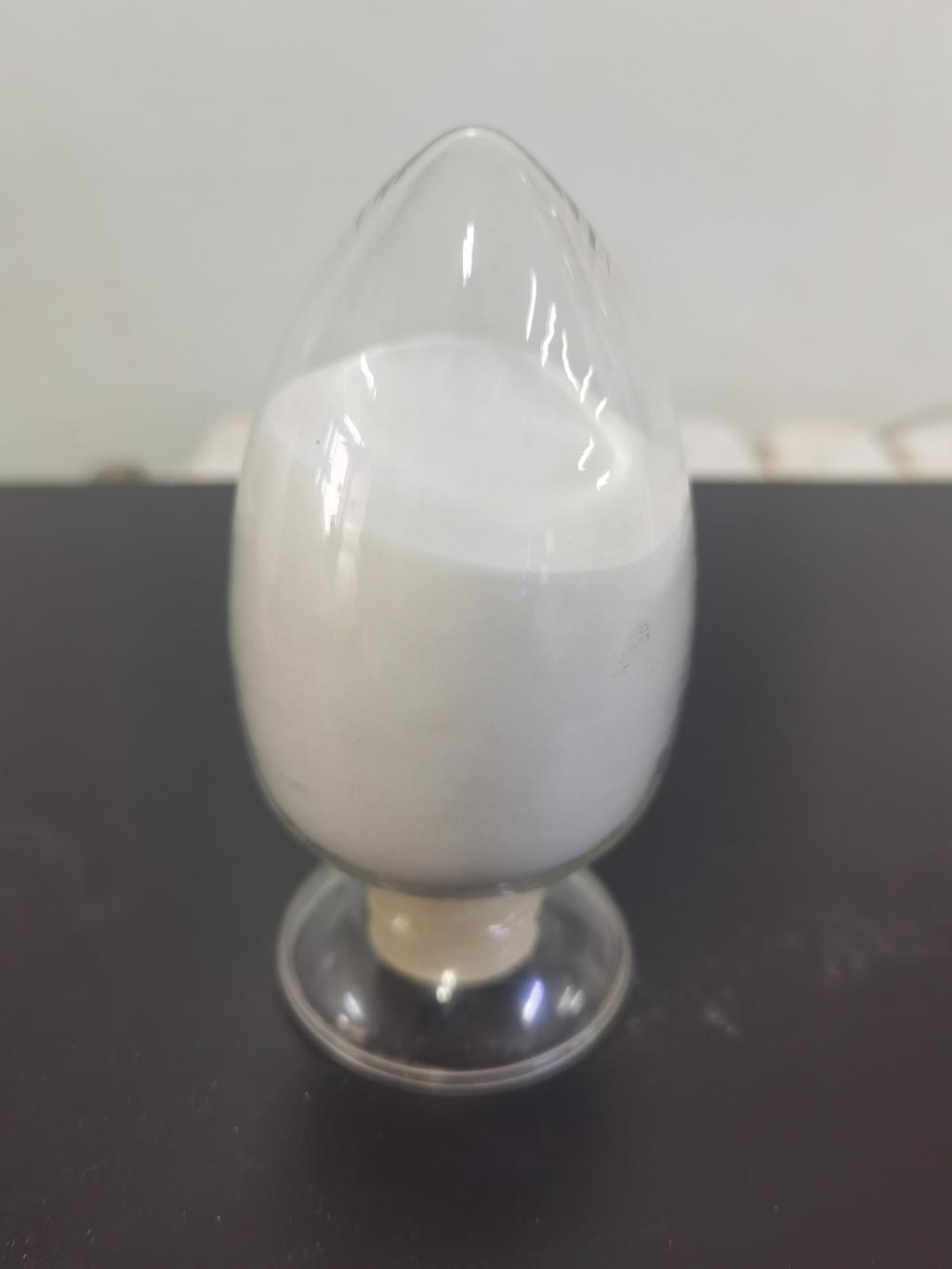Tel:+8618231198596

News
 CONTACT
CONTACT
 CONTACT
CONTACT
- Linkman:Linda Yao
- Tel: +8618231198596
- Email:linda.yao@dcpharma.cn
- Linkman:CHARLES.WANG
- Department:Overseas
- Tel: 0086 0311-85537378 0086 0311-85539701
News
Current Position:
Home >
News
>ε-Polylysine Hydrochloride: Implications for Public Health and Safety.
ε-Polylysine Hydrochloride: Implications for Public Health and Safety.
TIME:2024-06-04
Antimicrobial Properties
ε-Polylysine hydrochloride exhibits potent antimicrobial activity against a broad spectrum of microorganisms, including bacteria, fungi, and viruses. Its mechanism of action involves disrupting microbial cell membranes, leading to cell death. ε-Polylysine hydrochloride's efficacy against pathogenic and spoilage organisms makes it a valuable tool for controlling microbial contamination in various settings, such as food production facilities, healthcare settings, and consumer products.
Safety Profile
Extensive safety evaluations have confirmed the safety of ε-polylysine hydrochloride for use in various applications. It is non-toxic, non-allergenic, and generally regarded as safe (GRAS) for consumption by regulatory authorities. Clinical studies and toxicity assessments have demonstrated its low potential for adverse effects, supporting its safety profile for public health and consumer safety.
Regulatory Considerations
ε-Polylysine hydrochloride is approved for use as a food preservative in many countries and is regulated under food additive regulations. Regulatory agencies, such as the US Food and Drug Administration (FDA) and the European Food Safety Authority (EFSA), have evaluated its safety and efficacy for use in food products. Compliance with regulatory requirements ensures the safe use of ε-polylysine hydrochloride in food and other consumer products.
Applications in Food Preservation
In the food industry, ε-polylysine hydrochloride is utilized as a natural preservative to inhibit microbial growth and extend the shelf-life of food products. It is effective against a wide range of foodborne pathogens and spoilage organisms, making it suitable for use in various food products, including meat, poultry, seafood, dairy, and bakery items. By preventing microbial contamination, ε-polylysine hydrochloride helps ensure the safety and quality of food products for consumers.
Applications in Pharmaceuticals and Cosmetics
Beyond the food industry, ε-polylysine hydrochloride finds applications in pharmaceuticals and cosmetics. It is used in topical formulations to prevent microbial contamination and maintain product stability. In pharmaceuticals, it is incorporated into ointments, creams, and oral care products to prevent bacterial and fungal infections. In cosmetics, it is added to skincare products, personal care products, and hygiene products to enhance microbial safety and product efficacy.
Environmental Considerations
ε-Polylysine hydrochloride offers environmental benefits compared to conventional antimicrobial agents. It is biodegradable and does not persist in the environment, reducing the risk of ecological harm. Moreover, its natural origin and low toxicity make it a sustainable alternative to synthetic antimicrobial agents, aligning with principles of environmental stewardship and sustainability.
Conclusion
ε-Polylysine hydrochloride holds significant implications for public health and safety across various industries. Its antimicrobial properties, safety profile, and regulatory approval make it a valuable tool for preventing microbial contamination and ensuring consumer well-being. By incorporating ε-polylysine hydrochloride into food, pharmaceutical, and cosmetic products, manufacturers can enhance product safety and quality, contributing to improved public health outcomes and consumer satisfaction. Continued research, regulatory oversight, and industry collaboration are essential to maximize the benefits of ε-polylysine hydrochloride while ensuring its safe and responsible use in diverse applications.
- Tel:+8618231198596
- Whatsapp:18231198596
- Chat With Skype







